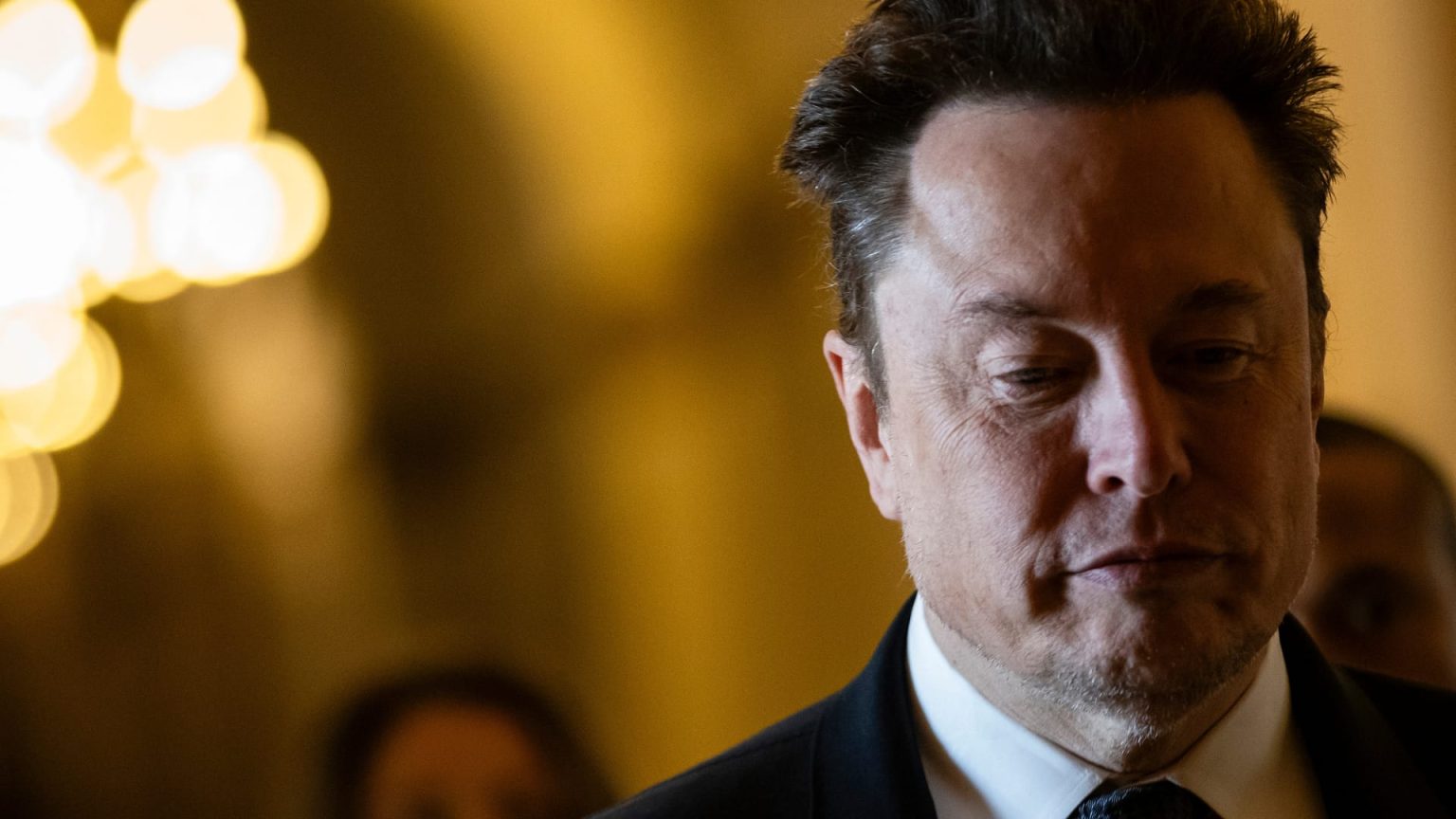Brazil’s supreme court has ordered banks to transfer funds from Musk’s social network, X, and Starlink accounts to pay fines. The court found X had violated Brazilian law by refusing to have a legal representative in the country and by not removing harmful content. Almost $3.3 million was transferred from the accounts, resulting in the release of frozen assets. X remains suspended, and Musk and his businesses claim the court’s actions are illegal and lack due process.
The court’s actions follow reports that some X users threatened federal police officers investigating former President Bolsonaro. Bolsonaro has been accused of inciting riots and attempting a coup in Brazil. Musk has expressed support for Bolsonaro, who allowed Starlink to operate in the country. Musk and his companies have been critical of justice de Moraes and the Brazil supreme court, with Musk’s COO at SpaceX, Gwynne Shotwell, calling for an end to the alleged harassment of Starlink in Brazil.
The conflict between Musk’s companies and the Brazilian court highlights the complex relationship between technology, politics, and sovereignty. The court views its actions against X as a defense of Brazilian democracy and institutions, while Musk and his allies see the court’s actions as unjust and illegal. Musk’s involvement in Brazil’s political landscape, particularly his support for Bolsonaro, has intensified tensions between him and the court, leading to public disputes and online confrontations.
The transfer of funds from X and Starlink accounts is a significant escalation in the ongoing legal battles between Musk’s companies and the Brazil supreme court. The court’s decision to release frozen assets after transferring the fines indicates a desire to resolve the matter swiftly. However, Musk and his allies’ continued criticism of the court’s actions suggests that the conflict may not be easily resolved. The future of X’s operations in Brazil and Musk’s relationship with the Brazilian government remain uncertain.
The situation in Brazil raises questions about the role of social media platforms in global politics and the extent to which they are subject to national laws and regulations. The court’s assertion of Brazilian sovereignty over X’s operations in the country reflects a broader trend of governments asserting control over digital platforms. As technology companies expand internationally, they face increasing scrutiny and legal challenges from governments seeking to regulate their activities and influence public discourse.
Overall, the conflict between Musk’s companies and the Brazilian supreme court highlights the challenges of navigating the intersection of technology, politics, and legal regulations in a globalized world. The ongoing dispute underscores the importance of understanding the different perspectives and motivations of stakeholders involved and the complexities of balancing freedom of expression with legal accountability. The outcome of this legal battle will likely have long-lasting implications for the future of social media regulation and the relationship between tech companies and government authorities.













